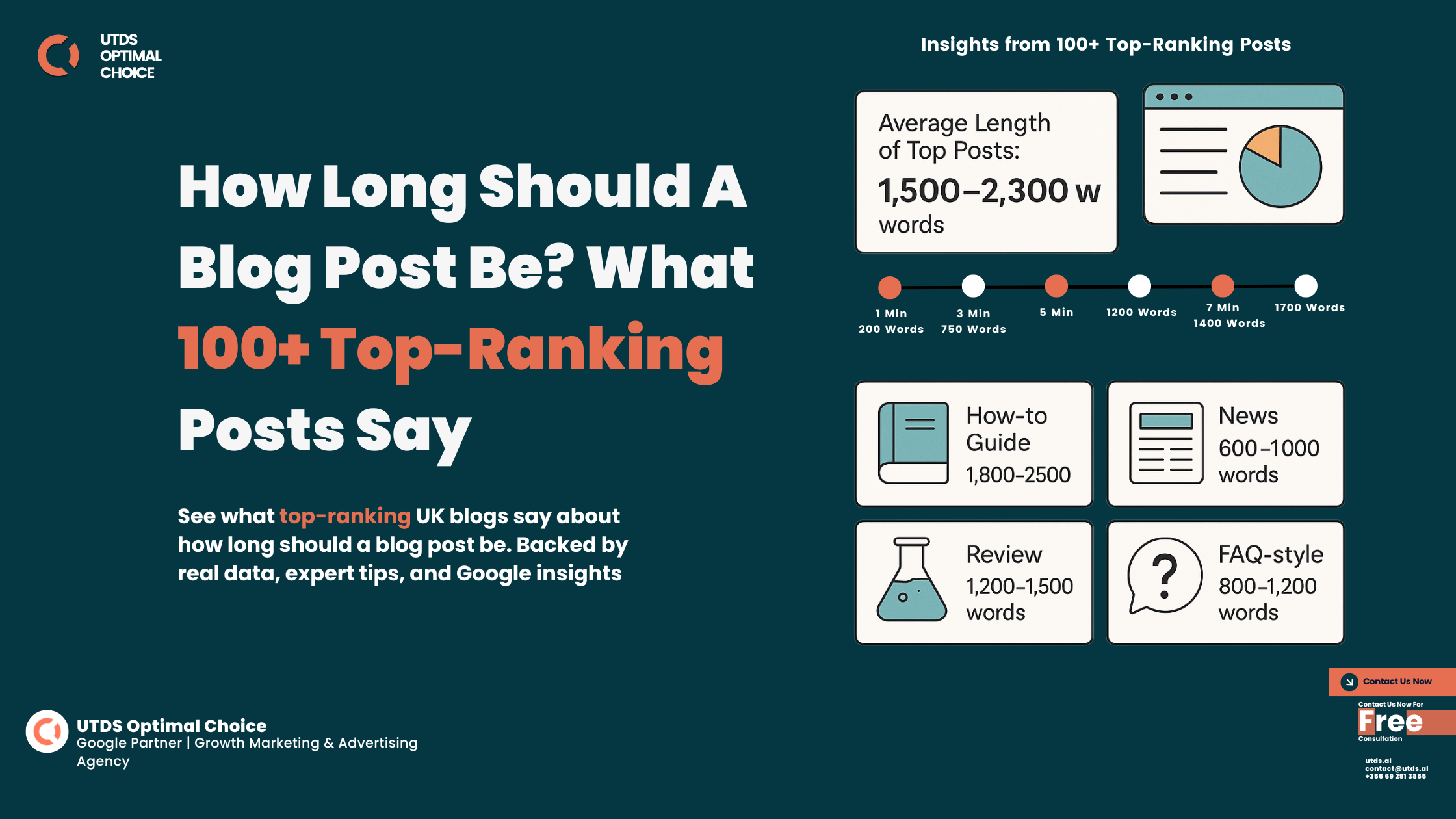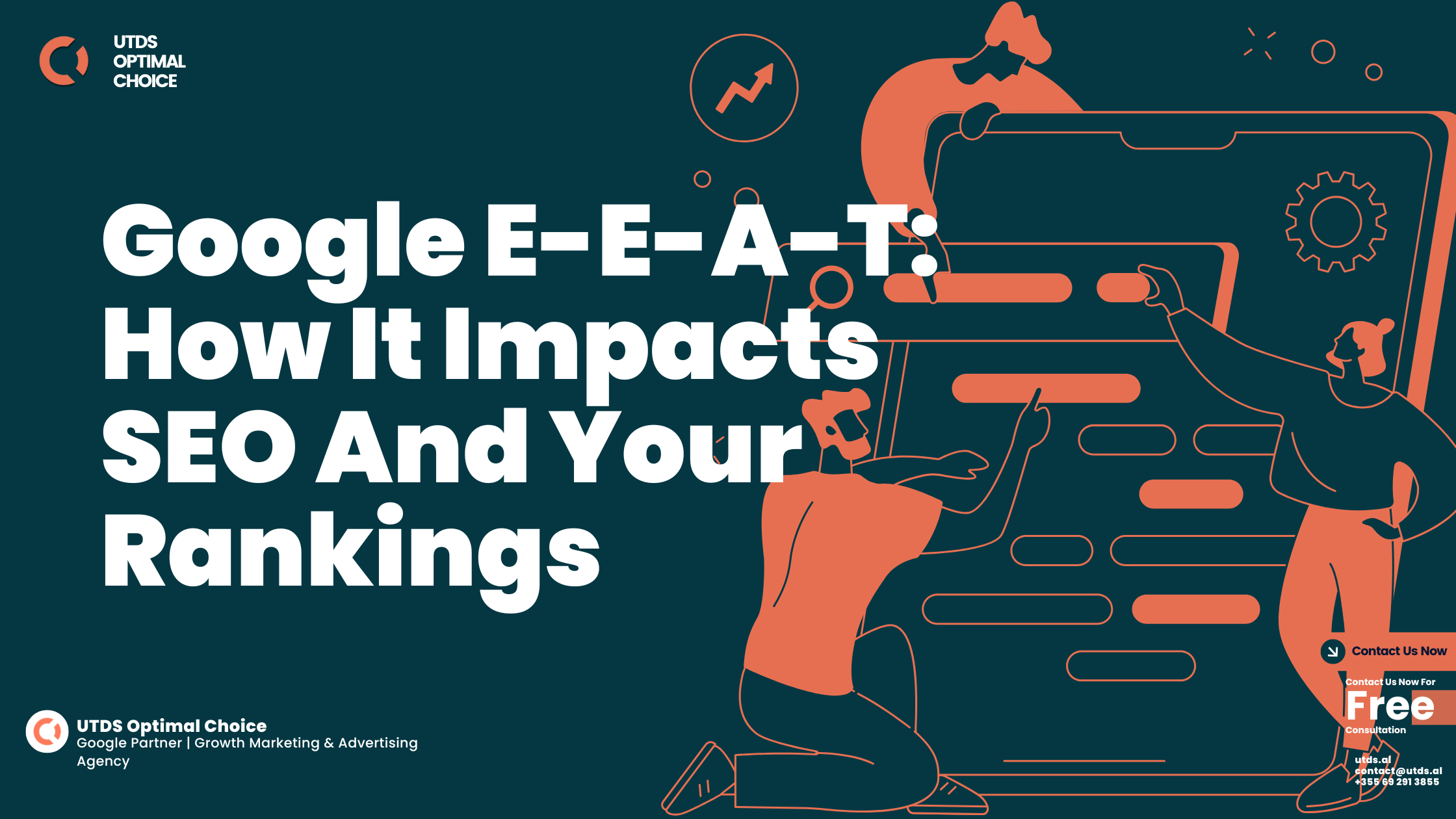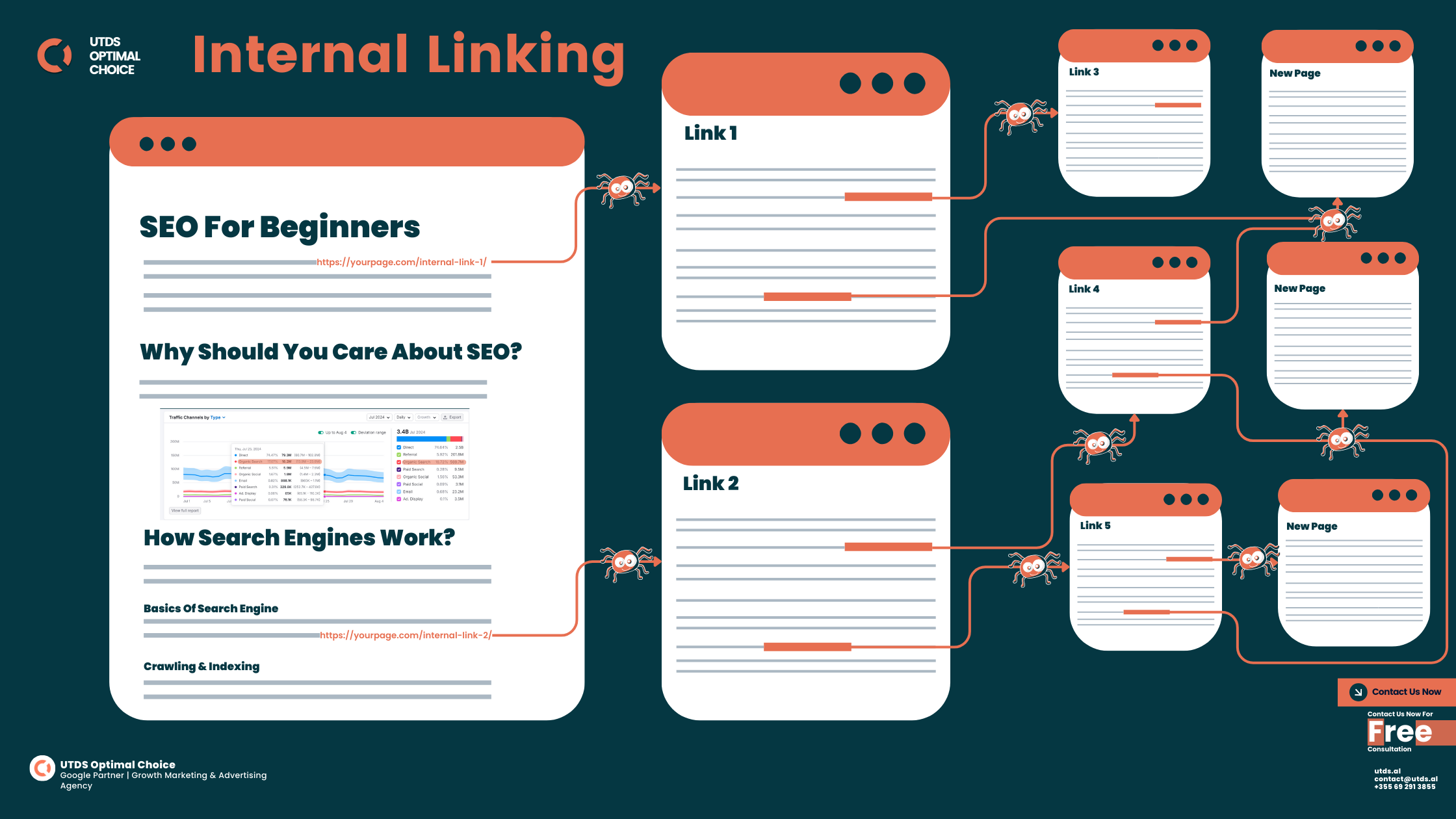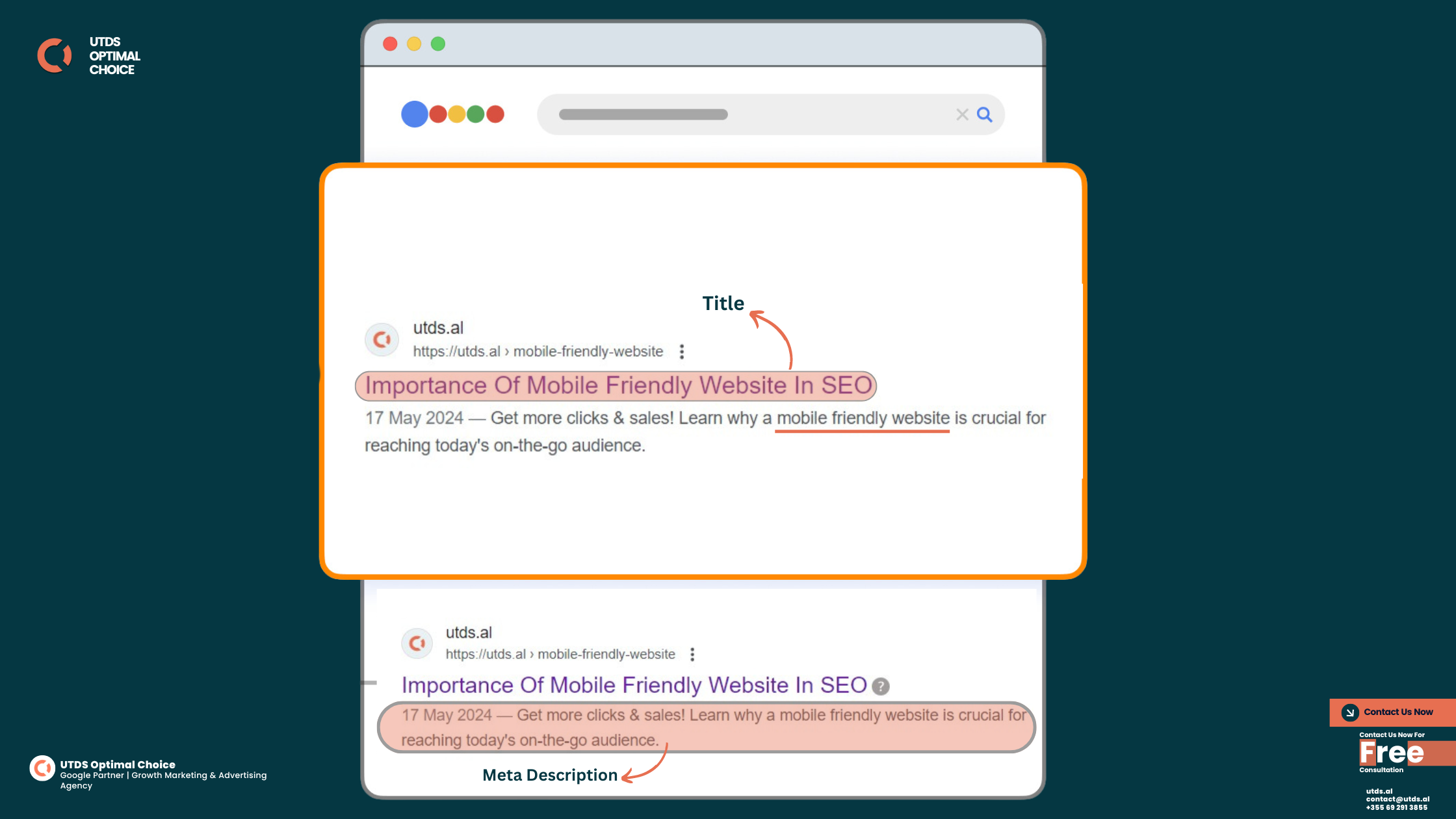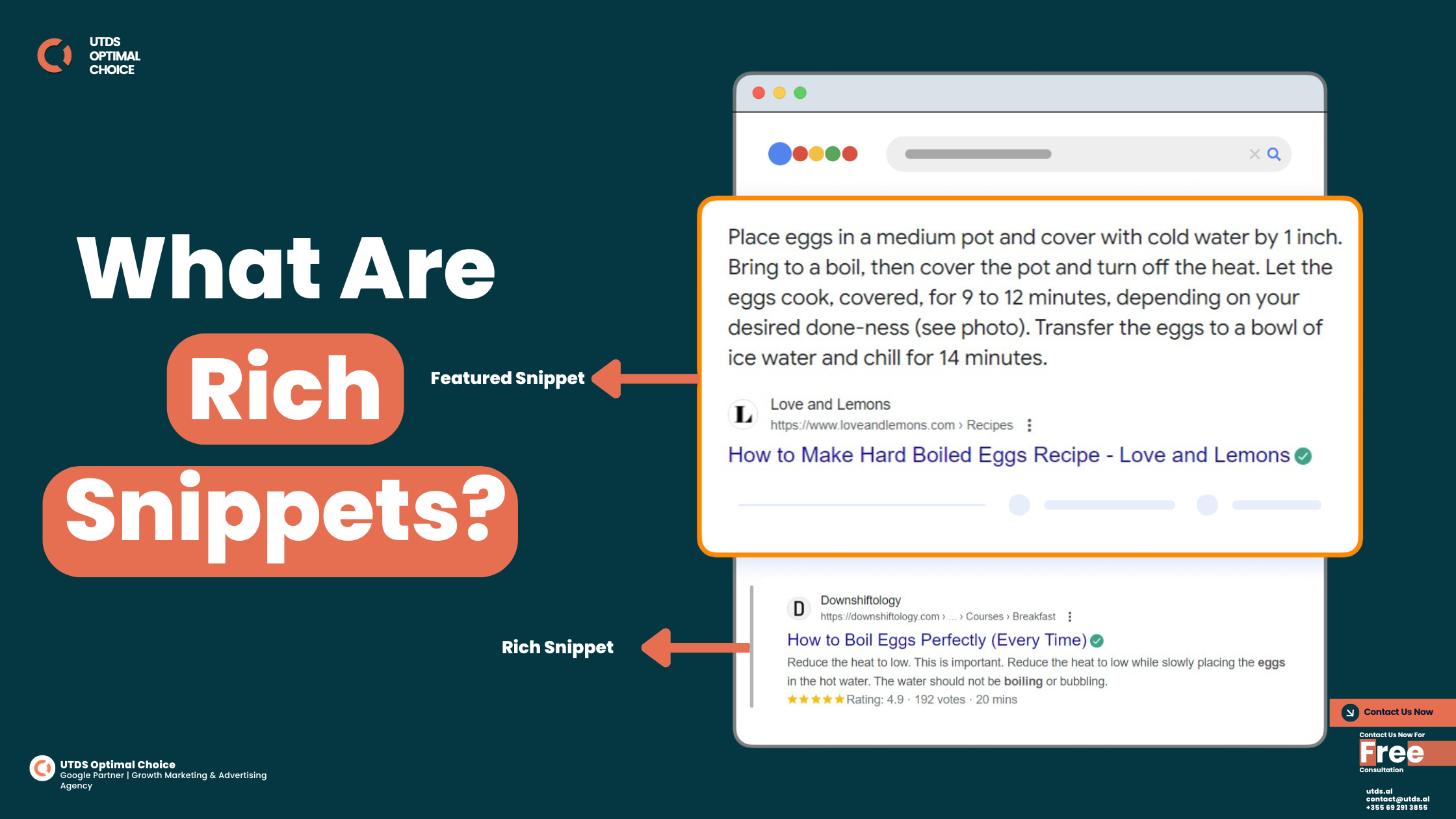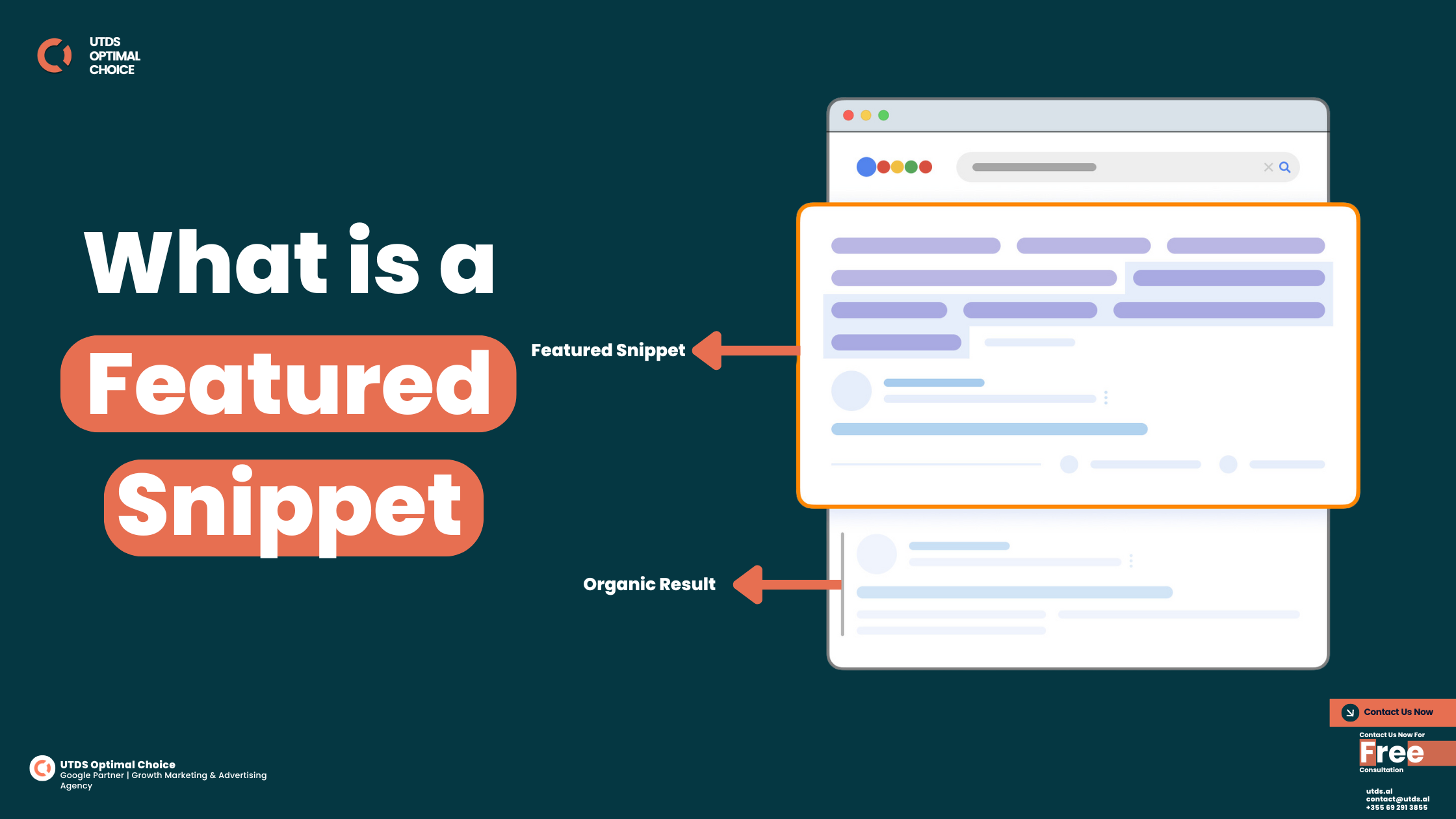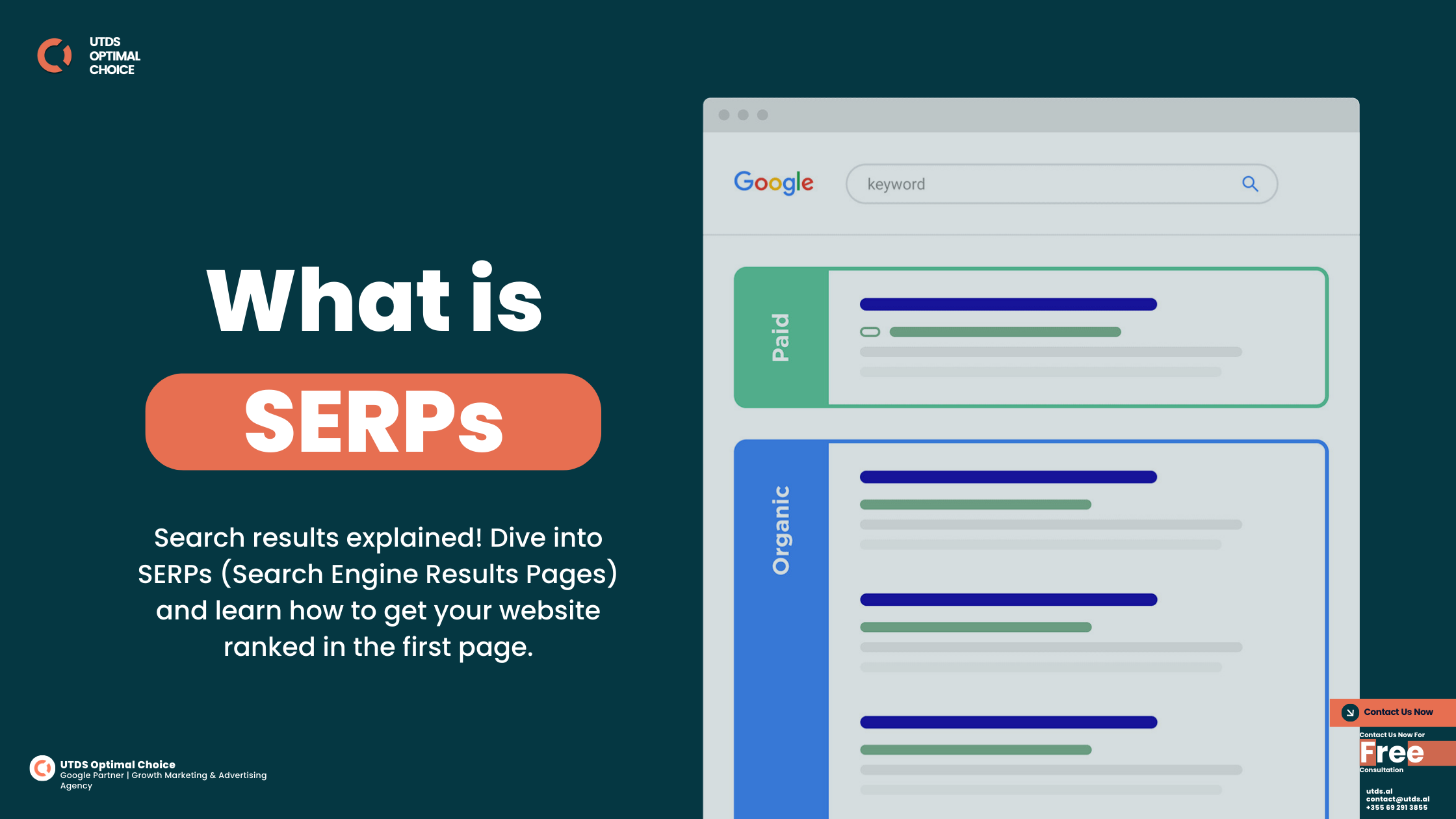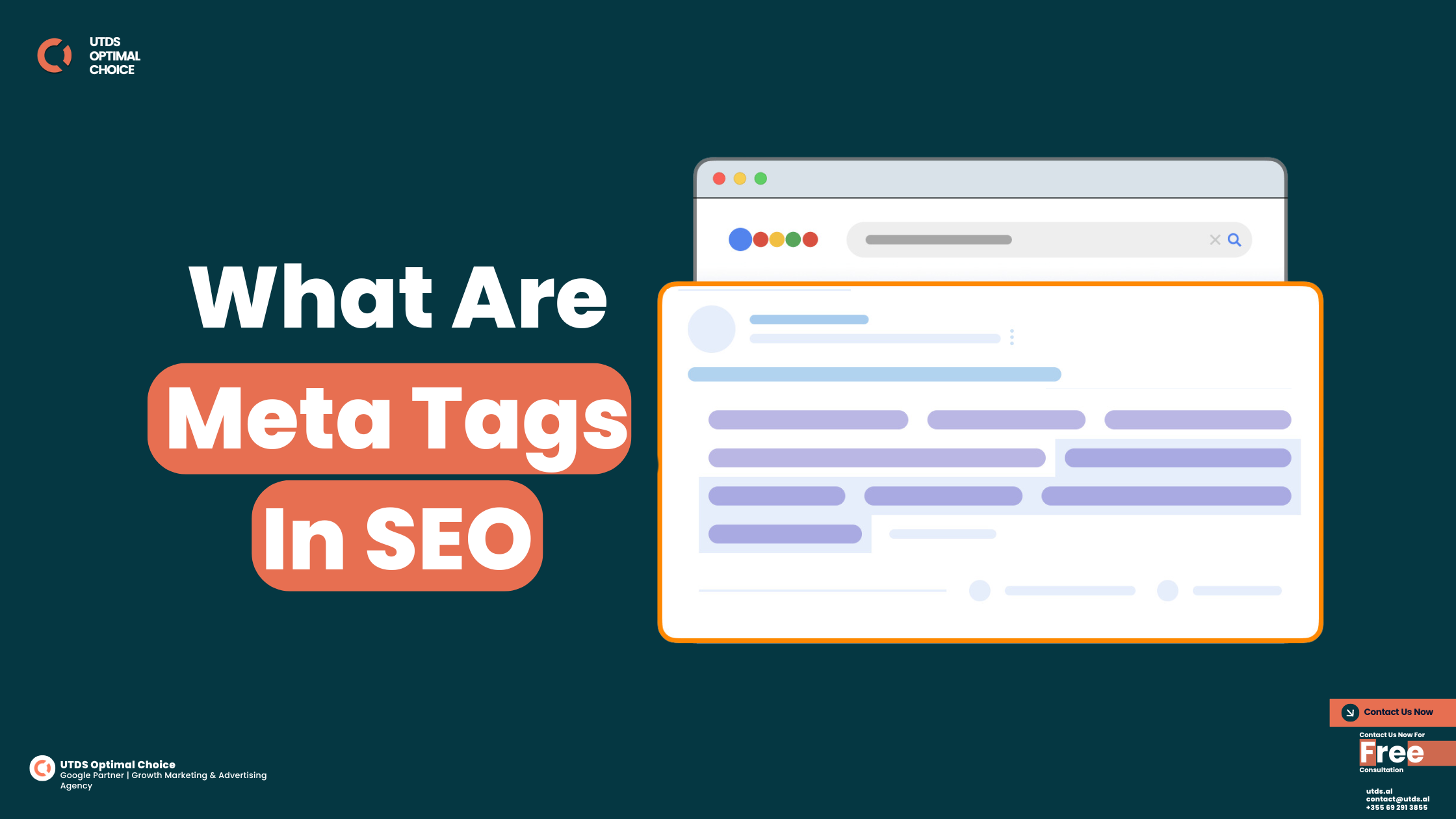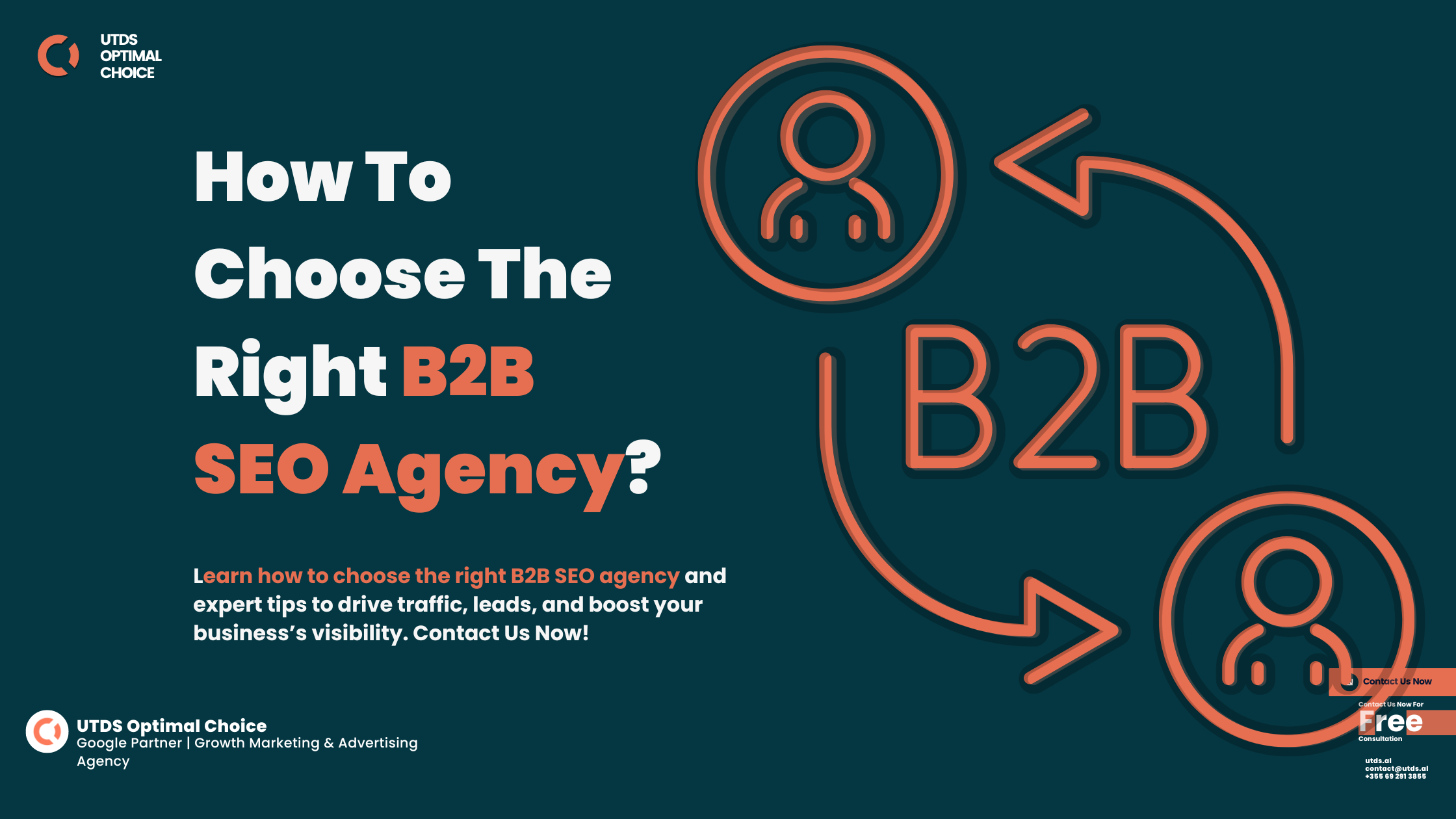When a potential customer types into Google, they’re not looking for just ads, they’re scanning organic search results. If your business isn’t listed on the first page, you’re not in for a new lead.
Organic SEO (Organic Search Engine Optimisation) helps your website rank naturally without relying on paid clicks. It builds long-term trust, earns authority, and generates leads through real relevance, not spending.
As per the sources cited from Backlinko’s 2025 report, 27.6% of all clicks go to the top five positions on Google. Those positions go to businesses that understand how organic search engine ranking works.
Want to know, How to improve your Google rank? This guide outlines 15 practical steps UK businesses can use to increase rankings on Google. Every strategy focuses on visibility, performance, and search intent. If your goal is sustained growth through organic SEO services, this guide gives you the foundation.

Ready to Increase your Organic Search Results with Organic SEO Services?
Contact us today for a free consultation and start seeing real results!
At UTDS Optimal Choice, we’re not just any SEO and PPC agency, we’re one of the best. With our expert strategies and data-driven approach, we help businesses like yours climb the search results and drive targeted traffic. Whether it’s SEO, PPC, or both, our team is ready to deliver results. Contact us today to see how we can help you rank higher and grow faster!
15 Strategies To Improve Organic Search Results On Google
1. Match Organic Keywords To Real Search Intent
Ranking for the right keyword means nothing if it brings the wrong visitor. To improve organic search engine ranking, match your organic keywords to user intent.
Here’s how it works:
- Informational intent: “how to stop a leaking tap”
- Transactional intent: “hire emergency plumber South London”
- Navigational intent: “Dunelm store Sheffield”
Inorder to learn more about the user search intent and keyword research. You can check our articles below to help you get a clear idea about the keywords and how user intent is categorised;

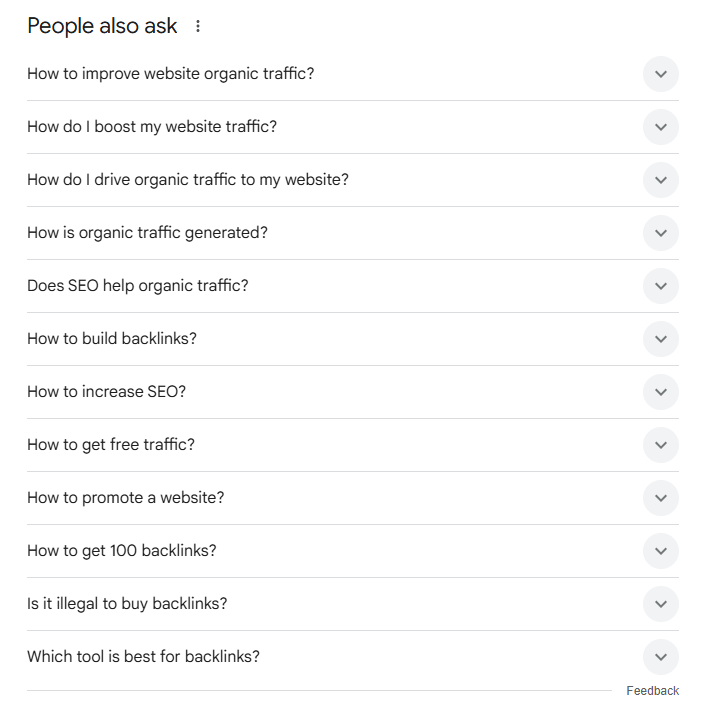
A business selling “garden clearance in Croydon” shouldn’t write a landing page titled “what is garden clearance.” That’s informational. The visitor wants facts, not a service. They’ll bounce.
Instead, focus on organic search keywords tied to location and action. Example:
- “Garden clearance Croydon prices”
- “Book garden rubbish removal Croydon”
You’ll find search intent by checking:
- Google’s top 3 results for the term
- UK-based forums like UK Business Forums
- “People also ask” and “Searches related to” boxes
- Your own call transcripts and live chat logs
Organic SEO isn’t just about keywords, it’s about matching each page to what the searcher wants. That’s how Google decides who ranks.
2. Build Keyword List That Drives Organic Results
A long list of keywords doesn’t help if none of them bring buyers.
To see results from organic search engine optimisation, create a focused keyword list based on services, locations, and real intent.
Steps:
- Write your core services: “boiler installation”, “roof replacement”, “Will writing in Glasgow”
- Use Google Keyword Planner to find organic search keywords with UK location tags
- Filter for keywords with clear buying intent
(e.g. “roofers near me”, “boiler repair quote”) - Avoid vanity keywords like “SEO”, aim for “affordable organic SEO services UK”
Examples:
- Instead of “web development,” go for “custom website for small business UK”
- Instead of “accountants,” use “property tax accountant London”
Use your Google Search Console data to spot keywords you already rank for on page 2. These are your quickest wins to boost Google search ranking.
Target local, specific, and service-driven terms. This brings you closer to users already ready to buy.
3. Search Intent Drives Your Organic SEO Performance
Most businesses don’t rank because they write content for themselves, not the user. Google ranks pages that match search intent. If the searcher wants to buy, but you show them a blog post, they leave. That’s lost traffic. And lost sales.
To improve your organic search results, first identify the type of page Google rewards for each term.
Example:
- Search query: “best boiler installers East London”
Top pages: Service listings with reviews and CTAs.
What works: A clear service page optimised with organic keywords like “boiler installation East London” and “certified boiler engineers UK”. - Search query: “how long does a boiler last”
Top pages: Informational guides.
What works: A detailed blog post with useful facts and internal links to service pages.
Match your content format to the query:
- Guides for informational queries
- Product or service pages for transactional ones
- Category or local landing pages for location-based searches
This is where Organic SEO services often fall short, they ignore the gap between keyword and user need. Fix that, and you’ll see faster gains in organic search engine ranking.
Ready to Increase your Organic Search Results with Organic SEO Services?
Contact us today for a free consultation and start seeing real results!
4. Low-Volume Keywords Often Bring Higher-Quality Traffic
Most businesses chase high-volume keywords. But high volume usually means high competition and low intent.
If you run a roofing business in Leeds, ranking for “roofing” won’t help. The term is vague. But “flat roof repair cost” shows buying intent. It’s long-tail, lower volume, but more targeted. That’s where organic SEO wins.
Here’s what to look for:
- Keywords with under 500 searches/month
- Location-specific terms: “office cleaning Reading”, “end of tenancy cleaners Bristol”
- Transactional phrasing: “book”, “quote”, “hire”, “service near me”
Even Google rewards specificity. In its own Google documentation, it prioritises content that answers “narrow, clearly defined questions”.
You’ll find these organic search keywords by:
- Checking Google Autocomplete suggestions
- Running reports in SEMrush or Ahrefs or SEranking
- Reviewing your customer service logs and email subject lines
Example:
A niche search like “emergency boiler repair cost Southwark” may only pull 30–50 searches monthly, but every visit is high intent. These users are looking to act, not browse.
This approach doesn’t just increase rankings on Google. It brings leads who are more likely to convert, especially if the page they land on is built to answer that exact query.
5. Write Content That Earns Natural Links
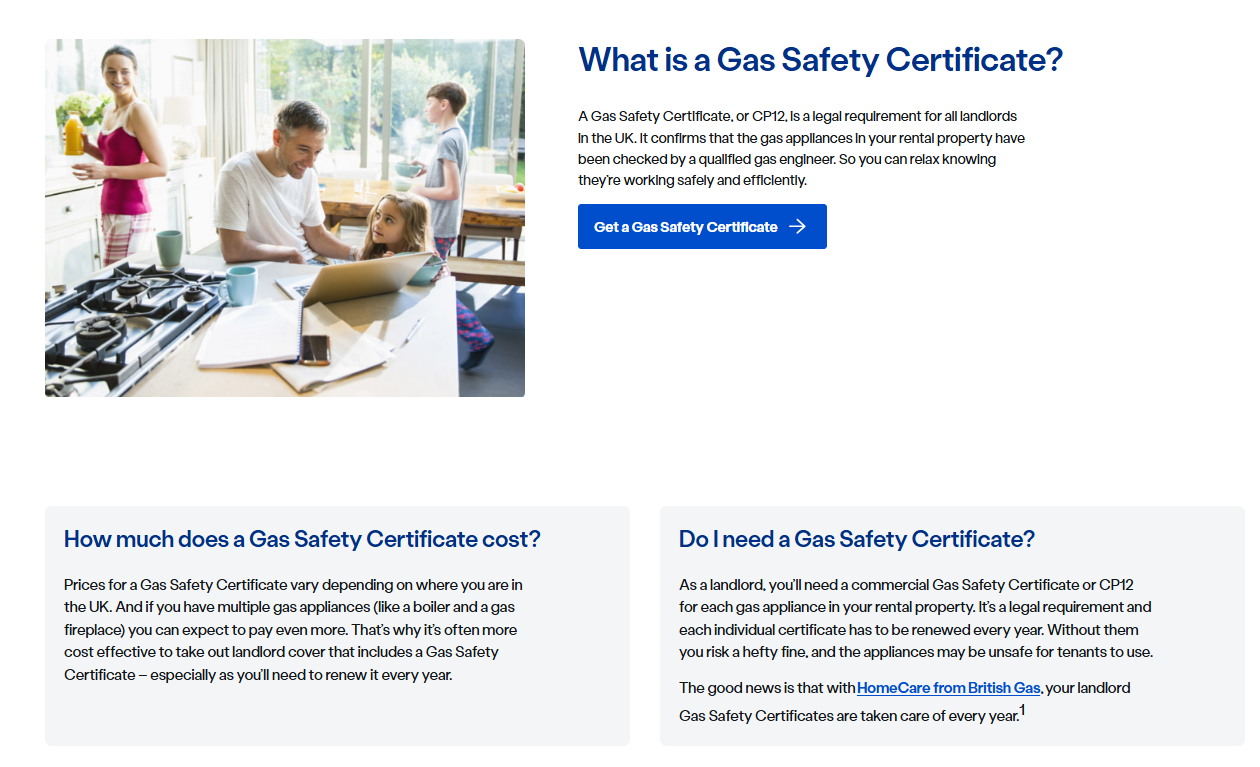
Google values links, but not all links are equal. What drives ranking today isn’t how many links you get, but how relevant and trusted those links are.
If your content solves a problem, answers a query, or explains a process better than anyone else, people will link to it. That’s the core of strong organic SEO, you don’t chase backlinks; you earn them.
Start with content that:
- Answers specific UK queries, e.g. “how to apply for a UK landlord gas safety certificate”
- Includes recent statistics from trusted sources (ONS, GOV.UK, Statista)
- Offers step-by-step solutions with clear headings, bullet points, and internal links
Format matters: A well-structured page with scannable content, clear answers, and internal references supports both readers and Google’s crawler.
Example:
Instead of writing “5 Plumbing Tips,” write “Boiler Pressure Drops Overnight: Causes and Fixes”. The second one speaks directly to a known issue and includes location relevance.
This kind of content ranks faster and attracts organic search results from related websites, tradespeople directories, or small business resource blogs.
It’s not about writing more. It’s about writing what’s useful, then making that content easier to find, easier to read, and easier to link to.
6. Build Topical Authority with a Hub Strategy
Google rewards websites that cover a subject in depth. If you run a cleaning service and only have one page about “office cleaning,” you won’t rank for variations like “after-builders cleaning” or “COVID-safe office deep cleaning”.
To rank for more organic keywords, you need topical depth. That’s where the hub-and-spoke structure helps.
How it works:
- Create a central “hub” page (e.g. Office Cleaning Services UK)
- Link out to focused “spoke” pages:
- Office cleaning prices
- After-hours cleaning policies
- Deep cleaning checklist
- Office disinfection process
Each spoke targets a related term. Together, they reinforce the core topic. This signals authority and helps improve organic search engine ranking across all related terms.
Example:
A digital marketing agency might create a hub on “Google Adwords for Small Business UK”
Spoke pages:
- How to set up local Google Ads
- Google Adwords cost breakdown by industry
- PPC vs Organic SEO for UK small businesses
Internally linking these pages builds relevance and increases time on site, two key factors in boosting organic results.
This structure also prevents keyword cannibalisation, where multiple pages compete for the same search term. With a clear hub and defined spokes, every keyword has its place.
Ready to Increase your Organic Search Results with Organic SEO Services?
Contact us today for a free consultation and start seeing real results!
At UTDS Optimal Choice, we understand that great user experience is key to higher rankings and satisfied visitors. If your site is hard to navigate or slow, you're losing potential customers. Let us help you optimise your website’s performance and usability to ensure a seamless experience that keeps users engaged and converts them into leads. Get in touch with us today for a free user experience audit!
7. Refresh Declining Pages to Recover Rankings

Even high-performing pages lose traffic over time. Content gets outdated, competitors publish better resources, or search behaviour shifts. If a page is slipping in organic search engine ranking, update it before it drops further.
Use Google Search Console to spot:
- Pages with falling impressions or clicks
- Keywords that moved from page 1 to page 2
- Blog posts that lost visibility after 6–12 months
Start with your most-visited content. Look for sections that are outdated, vague, or missing detail.
Update:
- Headings with exact organic keywords
- Stats and facts from the current year
- Internal links to newer, related pages
- Structure with new subheadings or FAQs
Do not just change the date. Refresh the value. Add clarity, improve layout, and align the content with current search intent.
Example:
A post from 2022 titled “Affordable SEO Packages for UK Startups” may lose rankings by 2025. Add updated pricing models, quote industry benchmarks, and answer user queries like “what’s included in SEO packages” to bring it back.
Consistent updates help you maintain position in organic search results, especially in fast-moving sectors like legal, tech, and local services.
Check here, What top 100+ ranking posts say about content quality
8. Optimise Every Page for Organic Search Engine Ranking
Google doesn’t rank websites. It ranks pages. Each page must stand on its own, both in structure and keyword alignment.
To improve organic SEO, focus on these on-page elements:
- Title tag: Clear, under 60 characters, with the target organic keyword near the start
- Meta description: Action-oriented, 140–160 characters, summarising the benefit
- URL: Short, clean, descriptive
- Good: /gas-boiler-servicing-south-london
- Bad: /index.php?pageid=35
- Good: /gas-boiler-servicing-south-london
- H1 tag: One per page, matching the user’s search query
- Image alt text: Use exact keywords when relevant, avoid stuffing
- Internal links: Point to related content using varied anchor text
- External links: Reference trusted UK sources (NHS, GOV.UK, industry bodies)
Also check mobile responsiveness, page load time, and accessibility. Tools like Lighthouse or Screaming Frog SEO Spider can highlight issues with crawlability or structure.
This type of optimisation isn’t just about checking boxes. Google uses it to decide if your content deserves to appear in organic search results, especially for competitive terms.
Every page should serve a purpose. Every section should support a query. This is what strong organic SEO services deliver consistently and what separates page 1 from page 3.
9. Speed, Mobile, and Core Web Vitals Still Matter in 2025
No matter how strong your content is, if your website loads slowly or breaks on mobile, it won’t rank.
Google’s algorithm uses Core Web Vitals to assess speed, responsiveness, and visual stability. These directly influence your organic search engine ranking.
Focus on three key metrics:
- Largest Contentful Paint (LCP) – how fast your main content loads
- First Input Delay (FID) – how quickly the page responds to a click or scroll
- Cumulative Layout Shift (CLS) – how much the layout jumps during loading
Use tools like:
- Google PageSpeed Insights
- GTmetrix (UK servers)
- Lighthouse in Chrome DevTools
Also test across mobile networks. Google now indexes the mobile first version of your site first, not desktop.
Speed tips:
- Compress large images
- Use lazy loading
- Avoid bloated themes or plugins
- Enable caching
- Choose a hosting provider with UK-based servers
Searchers leave if a site takes longer than 3 seconds to load. A slow site increases bounce rate, reduces dwell time, and hurts your position in organic search results.
Speed isn’t just about SEO, it’s about trust. A fast, clean, mobile ready page shows you respect the visitor’s time.
10. Internal Linking with Keyword Variants Strengthens Organic Results
Internal links help Google understand your site structure. Done well, they also distribute authority across your pages and guide users to take action.
Most businesses use internal links poorly. They repeat the same anchor text or link randomly. To improve organic SEO, use keyword variations and map links with intent.
For example:
- Don’t use: Click here
- Do use: See our checklist for emergency plumbing services
- Or: Explore our guide on low-cost SEO for tradesmen
Each link should:
- Match a relevant topic
- Use a variation of your organic keywords
- Point to a page that offers more depth or next steps
Anchor text should reflect the content it links to, not just exact match terms. Natural phrasing matters.
Example:
- From a blog post on “Office Cleaning Standards UK” →
Link to: “Office Deep Cleaning Services in Birmingham” using anchor text like professional office cleaners for hire
Internal links improve crawl efficiency and reinforce topic clusters. They also keep users engaged longer, which benefits your organic search engine ranking.
Use nofollow only when linking to non-trusted or login-required pages. Otherwise, keep links open and purposeful.
Ready to Increase your Organic Search Results with Organic SEO Services?
Contact us today for a free consultation and start seeing real results!
11. Short, Keyword-Focused URLs Improve Search Clarity
Search engines favour URLs that are readable, relevant, and clean. A URL is not just a link, it’s a ranking signal. Google uses it to understand what a page is about before it even crawls the content.
For strong organic search engine optimisation, follow this URL format:
- Keep it short (3–6 words)
- Use lowercase letters
- Avoid unnecessary numbers or symbols
- Include the main organic keyword near the front
Compare:
- /index.php?pageid=1345&cat=4
- /roof-repair-nottingham
Use hyphens, not underscores. Remove filler terms like “the” or “and”.
Every page URL should tell the user and Google what the content is about in under 60 characters. For example:
- A page on emergency legal advice in the UK: /emergency-legal-help-uk
- A guide on SEO for contractors: /organic-seo-contractors-uk
Avoid changing URLs once published unless the structure is wrong. If you do, set up 301 redirects to retain your organic SEO value.
URLs rarely fix rankings on their own. But weak or confusing ones can stop you from ranking altogether, especially when combined with poor internal linking or low authority.
12. Write Meta Descriptions That Improve Click Rates
Meta descriptions don’t affect ranking directly, but they affect whether people click your link. And clicks send signals to Google. If a result gets skipped, it slips.
To support organic search engine ranking, your meta descriptions must:
- Be under 160 characters
- Start with the user’s core need
- Include an organic keyword
- End with a clear benefit or action
Example for a London-based plumbing firm:
“Need fast boiler repair in London? Our certified engineers fix leaks, faults, and pressure drops. Same-day service available.”
It’s not about stuffing keywords. It’s about matching the search. The more your text looks like the answer, the more it gets clicked.
Tips:
- Use phrases that appear in Google’s bolded matches
- Write for the searcher, not for branding
- Lead with the value: “Book”, “Find out”, “Compare”, “Get help”
Every page, every blog post, every product listing must have a hand-written description, no duplicates, no defaults. This shows Google the content is curated. It shows users they’ve found a relevant result in the organic search results.
13. Use Video to Increase Visitors Time on Key Pages
Google tracks how long users stay on your page. If they leave quickly, it’s a signal the content didn’t match their query. One of the simplest ways to improve this is to embed relevant video content.
Adding video to your service or blog pages can:
- Hold attention longer
- Clarify complex services
- Increase time-on-page, a strong behavioural indicator in organic SEO
Example:
On a page about “loft conversion process UK”, include a short walkthrough video showing planning steps, timelines, or structural examples. For a blog post on “how organic SEO works”, embed a video that explains ranking factors using plain terms.
Best practices:
- Use UK spelling, terminology, and accents where possible
- Add captions for silent viewing
- Host videos on fast servers (self-hosted or embedded YouTube with lazy loading)
The goal is not to entertain, it’s to add value. The longer users stay, the stronger the page looks in organic search results.
Don’t rely on autoplay or pop-ups. Keep it clean, relevant, and aligned with the keyword and user need.
14. Remove Pages That Hurt Your Organic Search Performance
Not every page helps your SEO. In fact, many old, thin, or duplicate pages actively harm your rankings.
If you have pages that:
- Get no traffic
- Don’t rank for any keywords
- Have no backlinks
- Serve no user intent – they’re for deletion or consolidation.
Run a content audit using:
- Google Search Console (low impressions/clicks)
- Screaming Frog or Semrush (thin or duplicate content)
- Analytics (pages with high bounce and zero conversions)
Pages with no value dilute your site’s focus. They also slow crawlers down, making it harder for Google to prioritise your key content.
What to do:
- Merge overlapping articles into a single, stronger page
- Redirect outdated URLs to newer versions
- Delete low-quality content that cannot be improved
Example:
If you have multiple posts like “5 SEO Tips”, “Top SEO Ideas”, and “Quick SEO Wins”, combine them into one guide on organic search engine optimisation for UK businesses.
Trimming content improves crawl efficiency and strengthens the signal from your best-performing pages. Quality matters more than quantity when it comes to organic SEO.
15. Track What Drives Organic Results (Not Just Traffic)
High traffic doesn’t mean success. If visitors don’t stay, engage, or convert, the ranking means nothing.
To improve your organic search engine optimisation, track what happens after the click:
- Which pages bring in qualified leads?
- Which keywords lead to phone calls or enquiries?
- Which blog posts assist conversions?
Use:
- Google Search Console – for impressions, CTR, and average position
- Google Analytics 4 – for user behaviour and conversion flow
- Call tracking software – to attribute phone leads to specific landing pages
- Heatmaps – to understand what users scroll, click, or ignore
Example:
If your service page for “boiler installation South London” gets traffic but no enquiries, inspect time-on-page, scroll depth, and exit rate. Add call-to-actions earlier, simplify the form, or clarify pricing.
Real organic search results are tied to behaviour, not vanity metrics. Focus on what leads to action:
- Calls
- Form fills
- Quote requests
- Location lookups
- Live chats
Measuring these metrics helps you refine each page. It also shows what content needs to be updated, combined, or removed, a continuous loop that keeps your site aligned with real search behaviour.
When to Work With an Organic SEO Company
If your business depends on Google visibility, organic SEO is not optional. It’s not quick, but it’s reliable. It brings targeted users without ad spend and it compounds over time.
Doing it in-house works if you have the time, tools, and experience. But if your rankings have stalled, traffic dropped, or your pages don’t convert, it’s time to bring in expertise.
At UTDS Optimal Choice, as an organic SEO company will:
- Audit your website
- Identify ranking gaps
- Fix technical issues
- Build a long-term content strategy
- Track real business outcomes, not just clicks
Organic search is where trust begins. Users know the difference between ads and answers. If you want to appear where it counts, at the top of the organic search results, invest in what lasts.
Looking for a team that understands UK search behaviour and small business visibility? UTDS Optimal Choice offers tailored organic SEO services to help you rank, convert, and grow without relying on ads. Contact us now.







